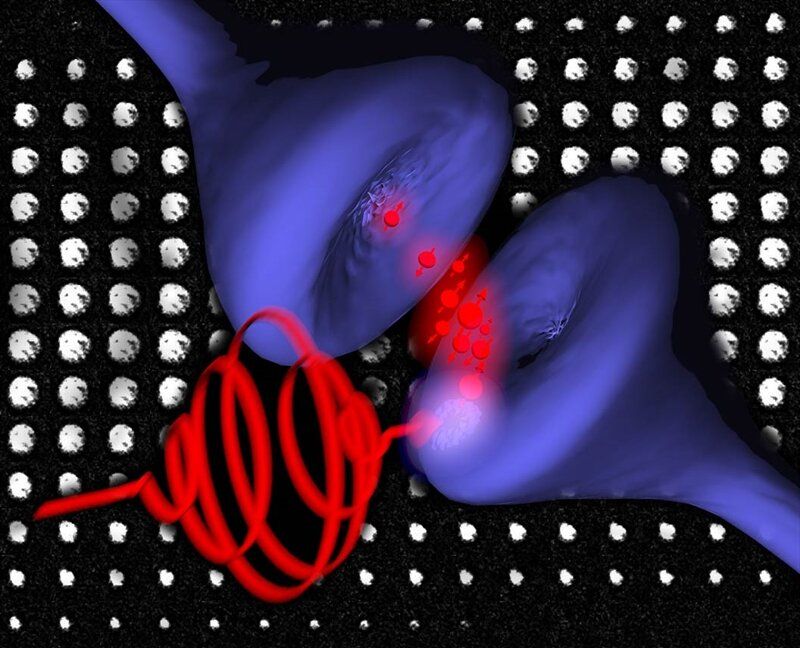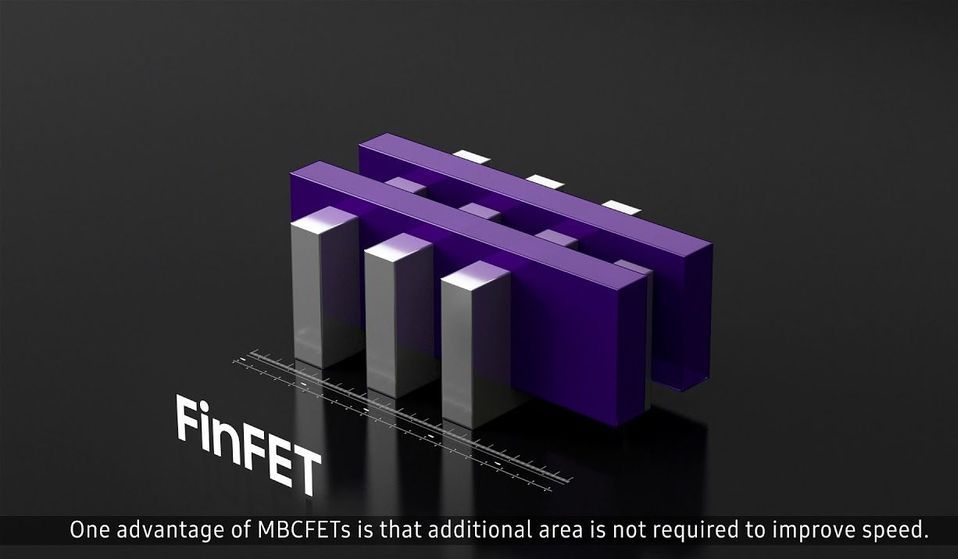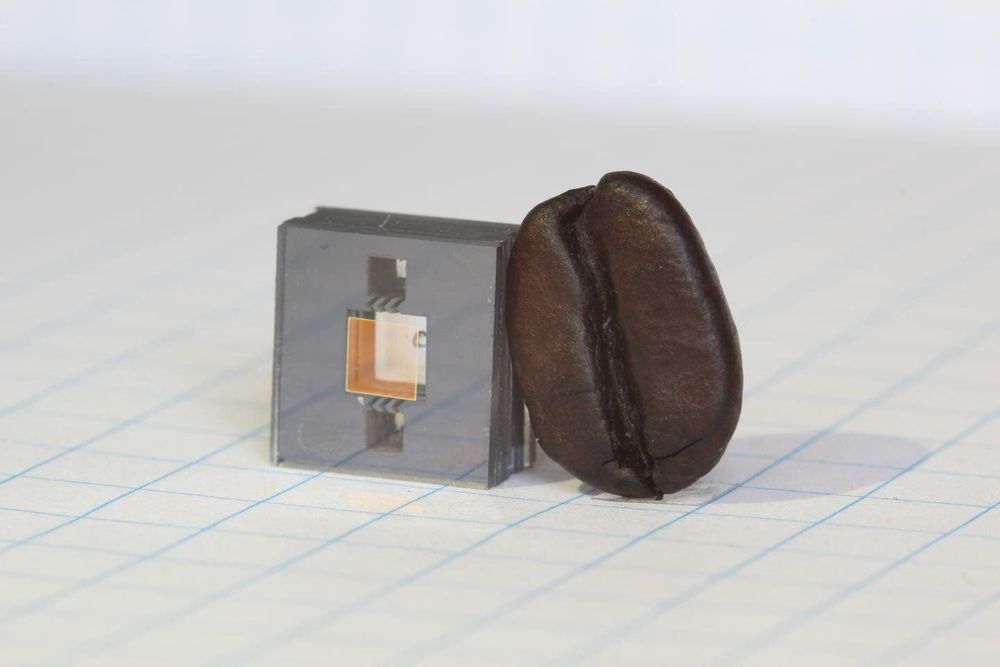May 22, 2019
Future Growth: Organs-on-chips Market New Revenue Sources, Latest Trends and 2025
Posted by Quinn Sena in categories: biotech/medical, business, computing
Global Organs-on-chips Market Size, Status and Forecast 2019–2025
The report provides insightful details – how clients enhance their basic leadership capacity within the worldwide Organs-on-chips Market business. Utilizing figures and flowcharts are brief in this report, the specialists represented to the analyzed information in a superior acceptable manner. This report identifies that rapidly changing market trends and competitive landscape with growth significant CAGR during Forecast. Along, with latest marketing factors those are essential to monitor market performance and crucial decisions for progress and profitability.
According to this study, the next Y-o-Y (year over year) Organs-on-chips market will register a XX% CAGR in terms of revenue, the Astonishing Growth market size will reach US$ XX million by 2025, from US$ XX million in 2019. In particular, this report presents the global market share (sales and revenue) of key companies in the Market New Research Study.
















